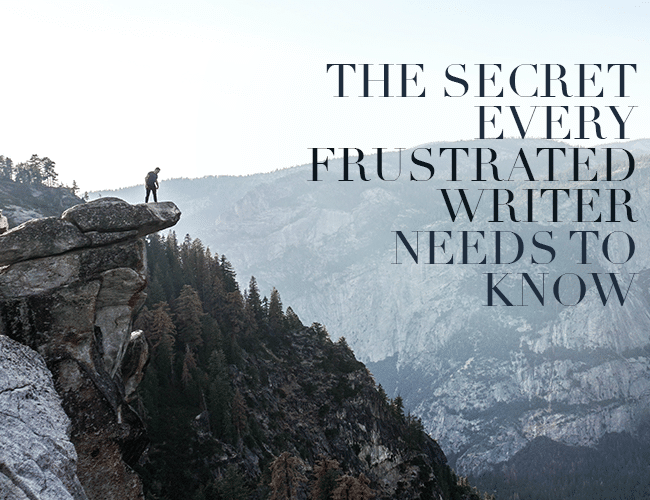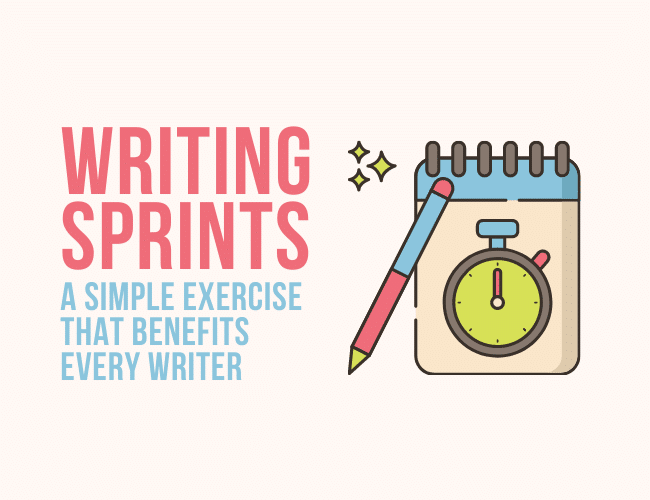
by J. D. Edwin |
Have you ever felt a rush of writing anxiety when trying to finish your story?
Whether you view this as resistance or low self-esteem, writing anxiety can prevent you from finishing that beautiful, unique story that only you can tell. Here are four common problems that feed writing anxiety and tips on how to overcome them.

by Sue Weems |
Writing is a solitary profession for the most part, but sooner or later, we realize we need a network of people, from beta readers to editors and eventually readers. Some writers retreat, discouraged by unkind comments or unsupportive friends or family, believing that someday, somehow their work will reach a wider audience.
But writing alone and hard work aren’t enough by themselves. Very few writers can write and launch a book and career entirely in isolation. (Plus, being a part of a writing or creative community is much more fun.)
Here are a few small steps for finding, joining, or building a writing community.

by Ruthanne Reid |
Are you frustrated with your writing? Tired of writing words you know aren’t as good as you want them to be? Frustrated writer, I know why.
A weird thing happens when we finally sit down to write The Book: we expect it to come out as magnificently as we think it should. We see or feel what it should be, and hey—we’ve read and written stuff all our lives, right? It should just come out!
But it doesn’t.
This is normal.

by Ruthanne Reid |
Hello, friends! Last time, I shared 20 fantasy story ideas to get your brain moving. This time, it’s my pleasure to go from earth to space. It’s time for…*drum roll* sci-fi story ideas!

by Joe Bunting |
How do you write beautiful, award-winning novels, memoirs, and short stories? One tried-and-true way is through a writing workshop, a program with other writers who can give encouragement, feedback, and support as you write, edit, and publish your writing.
In this post, I’m going to share what a creative writing workshop is and how you can use it to improve your writing habits, get feedback on your creative writing, and go on to publish award-winning writing. Then we’ll talk about how to find a writing workshop, whether online or locally, and how to get the most out of it.

by Joe Bunting |
How do you defeat procrastination, write more in less time, and do it with less struggle? Two words: writing sprints.
Word sprints are an amazing writing tool that you can use to improve your writing. Sprinting pushes you to write more words fast, by forcing you to start writing and ignore your inner editor.
They also get you to concentrate on one of the most important ways to improve your writing life: consistent practice.
With continuous practice, word sprints can even help you develop a writing habit that will empower you to write and actually finish a novel or a screenplay—and maybe even develop a career as a writer.
But what are writing sprints? And how can you use them effectively?
I’ll teach you in this post!





